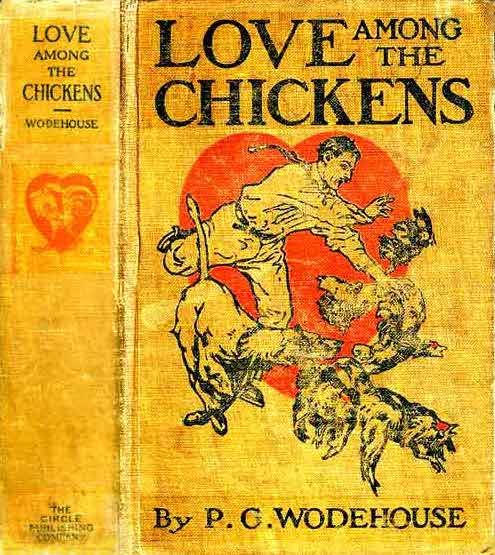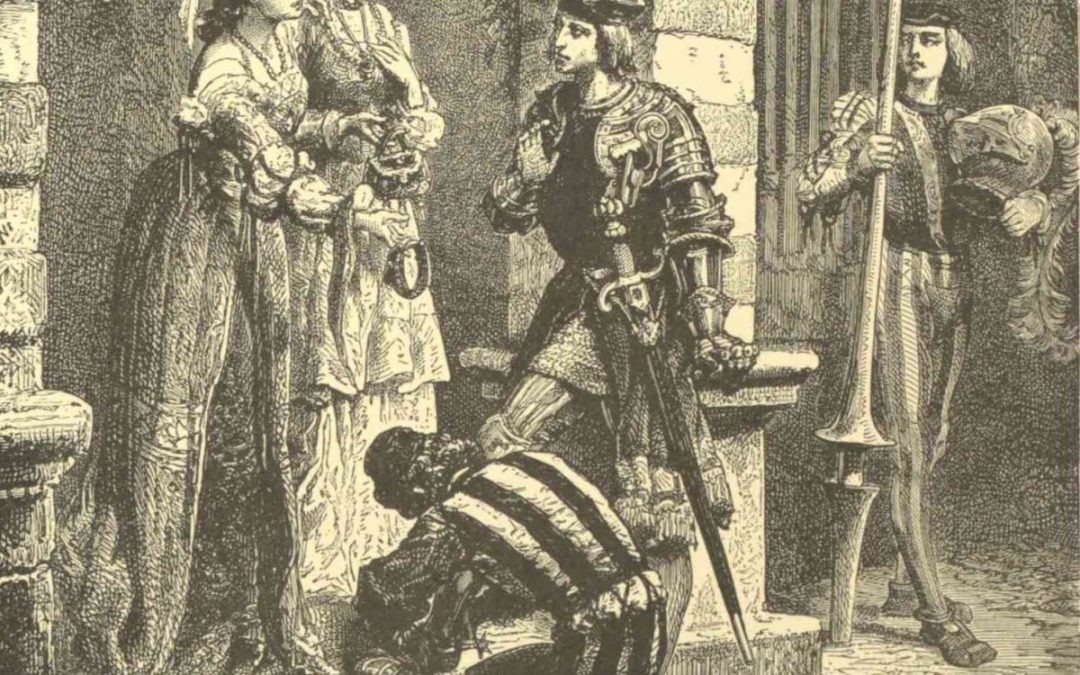
by Richard Subber | Jul 23, 2024 | Book reviews, Books, Human Nature
talk a lot, pick a little…
Book review:
What the Robin Knows:
How Birds Reveal the Secrets of the Natural World
Jon Young
Boston: Mariner Books-Houghton Mifflin Harcourt, 2012
241 pages
“Just as scientists have identified elements of human speech that reflect a speaker’s emotions, field experiments have shown that the calls of many animals provide listeners with information about objects and events in the environment. Like human speech, therefore, animal vocalizations simultaneously provide others with information that is both semantic and emotional.”
p. 105 from What the Robin Knows
The birds talk to each other. All species of birds and many species of other animals also listen to birds. Both prey and predator species listen to the birds. We can listen to birds.
I suspect that Young’s widely experienced detail must be a bit deceptive. I suspect there is more randomness than Young explains. If there weren’t some randomness, the predators would have figured out the patterns long ago.
…and some other thoughts: suppose the birds are really talking…what if your dog can talk and chooses not to?
* * * * * *
Book review. Copyright © Richard Carl Subber 2024 All rights reserved.
“Fishering,” by Brian Doyle
…what meets the eye…
My first name was rain: A dreamery of poems with 53 free verse and haiku poems,
and the rest of my poetry books are for sale on Amazon (paperback and Kindle)
and free in Kindle Unlimited, search Amazon for “Richard Carl Subber”
* * * * * *

by Richard Subber | Jul 21, 2024 | Human Nature, Reflections, Tidbits
the words will come…
“It is a fact of human life
that one must eventually choose a philosophy.”
from A Gentleman in Moscow
by Amor Towles (b. 1964)
New York: Penguin Books, 2016
462 pages
p. 146
* * * * * *
Copyright © Richard Carl Subber 2024 All rights reserved.
Book review: The Scarlet Letter
the beating hearts…by Nathaniel Hawthorne
–
My first name was rain: A dreamery of poems with 53 free verse and haiku poems,
and the rest of my poetry books are for sale on Amazon (paperback and Kindle)
and free in Kindle Unlimited, search Amazon for “Richard Carl Subber”
* * * * * *

by Richard Subber | Jul 7, 2024 | Book reviews, Books, Human Nature, Joys of reading, Language
Who doesn’t love Bertie Wooster?
I happened on a 1982 review of a biography of P. G. Wodehouse, and I can’t resist believing that the reviewer is a hatefully well-bred person.
Prof. Samuel Hynes very incautiously permits himself to label old P. G. as
” . . . the greatest trivial novelist in literary history . . .”
Egad.
Is he talking about Sir Pelham Grenville Wodehouse (1881-1975), the remarkably gabby genius who created Bertie Wooster and Jeeves?
Is he talking about the guy who makes us love the incurably erratic Wooster? who makes us worshipfully respect the very properly domineering Jeeves who can’t hurt a fly, knows nearly everything and saves Bertie’s bacon every time? who makes us stiffen, suppressing cries of delight, as we absorb the adjectival artistry of the whole bloody Wooster/Jeeves madhouse?
Hynes goes so far as to declare that Wodehouse “created a world without real problems and without human depths.” If you’ve read any of Wodehouse’s work, you know that ain’t true. There’s a bit of Bertie’s passion and despair in all of us, and Jeeves divinely makes it possible for everyone around him to be human.
There’s just one word too many in Hynes’ summary of Sir P. G. Wodehouse: “the greatest trivial novelist.”
I think you can guess which one it is.
If you want to, click here to read all of Hynes’ comments about Frances Donaldson’s 1982 biography, P. G. Wodehouse.
* * * * * *
Book review. Copyright © Richard Carl Subber 2024 All rights reserved.
Home Team: Poems About Baseball (book review)
Edwin Romond easily hits another homer…
Writing Rainbows: Poems for Grown-Ups with 59 free verse and haiku poems,
and the rest of my poetry books are for sale on Amazon (paperback and Kindle)
and free in Kindle Unlimited, search Amazon for “Richard Carl Subber”
* * * * * *

by Richard Subber | Jun 25, 2024 | Book reviews, Books, Human Nature, Joys of reading, Language
the good folks prevail
Book review:
Saint Martin’s Summer
by Rafael Sabatini (1875-1950)
Pinnacle Press, 1909
270 pages
Saint Martin’s Summer, published in 1909, is a historical romance. This is Sabatini’s signature style. Think of it as a very high-toned beach book…
Spoiler alert: if you think you’re going to get a big helping of heaving bosoms and sweaty ravishment, maybe you should pick another book…
If you are familiar with Sabatini’s novels or his genre, you already know that knowing the ending—that is, anticipating with confidence how the good folks will prevail—is not necessarily an obstacle to full enjoyment.
Consider my most recent reading of Saint Martin’s Summer.
Grenache is the diffident, honorable cavalier sent by the Queen in Paris to contrive the rescue—effect the “enlargement,” do you love the language tones as I do?—of Valérie, the sweetest damsel you can imagine, from her desperate affairs of the heart in the godforsaken backwater of Dauphiny.
The designing Dowager, the feckless Seneschal, the callow son (Marius), and the worldly and unfaithful son (Florimond)—and believe it or not, too much money and power—round out the cast and the motive forces in Sabatini’s completely predictable and marvelously fulfilling mainstay of Romance literature.
Did I mention love? In Saint Martin’s Summer, you will relearn the potency of plighted troth, the lonely loyalty of unrequited love, the degradation of love in the minds of the loveless, the blossom of unexpected love in the heart of a forlorn girl, and the slowly rising heat of first love in the nobly bewildered and barren soul of an older man, who suddenly realizes that he can welcome a better life with an eager bride who is suddenly ready to be a woman.
I guess, technically, I had to mention “spoiler alert” at the beginning of this review. If you’ve read this far, I think you normally don’t pay attention to spoiler alerts, or, in this case, you didn’t mind.
I like to re-read Sabatini (e.g., Scaramouche) because I know how the stories are going to end,
I know what the lovers are going to say,
and I like the way Sabatini tells a story.
————————————————————-
Here’s my first take on Saint Martin’s Summer, after my first reading:
Jason Bourne would be bored in Dauphiny.
Dauphiny is a sleepy, rural French province, but there is occasional sword play, and some moat diving, so Bourne wouldn’t be bored all the way to tears…
Let’s just face up to it, in your classic Romantic novel about 18th century French dowager marquises and blundering bounders and dashing heroes and cherishable maidens and fat, simpering seneschals, you’re going to get more talk than titillation, and more argument than action. So be it.
Sabatini deftly creates his tale of principled, introspective people trying for success, both villainous and otherwise.
His characters have deep appeal—they’re always trying to do the right thing, or at least trying to do a bad thing the right way…e.g., Grenache knows he must save the girl, and he knows he will love her deeply…
They care deeply—about the ones they love, about their success in a milieu that maximizes opportunity for deception and ultimately minimizes the prospect of getting away with a betrayal or self-dealing or moral weakness.
Sabatini is a colorful storyteller,
and he tells a great story about things that count.
* * * * * *
Book review. Copyright © Richard Carl Subber 2024 All rights reserved.
Book review: An Empire on the Edge
by Nick Bunker
The British wanted to win
the Revolutionary War,
but they had good reasons
for not trying too hard…
As with another eye: Poems of exactitude with 55 free verse and haiku poems,
and the rest of my poetry books are for sale on Amazon (paperback and Kindle)
and free in Kindle Unlimited, search Amazon for “Richard Carl Subber”
* * * * * *

by Richard Subber | Jun 23, 2024 | Human Nature, Tidbits
you know this
“And let us not be weary in well doing…”
Galatians 6:9, King James Version
Save some energy for doing the right thing.
* * * * * *
Copyright © Richard Carl Subber 2024 All rights reserved.
Book review:
Clotel, or The President’s Daughter
by William Brown,
America’s first black novelist
–
In other words: Poems for your eyes and ears with 64 free verse and haiku poems,
and the rest of my poetry books are for sale on Amazon (paperback and Kindle)
and free in Kindle Unlimited, search Amazon for “Richard Carl Subber”
* * * * * *

by Richard Subber | Jun 18, 2024 | Human Nature, Theater and play reviews
jungle story
Movie review:
Medicine Man
1992
PG-13
106 min
Medicine Man is a completely predictable story about a man and a woman chasing each other as they close in on finding a cure for cancer in the deep jungle. You can guess how it ends.
The real treasure of Medicine Man is watching Sean Connery create the very believable Dr. Robert Campbell character: a quirky, endlessly earnest, and somewhat sloppy bachelor who gets a bit mixed up when Dr. Rae Crane (Lorraine Bracco) shows up in his jungle laboratory to be his assistant.
Campbell has discovered—and mysteriously lost—the chemical component of a cure for cancer. Crane wants to help him find it again, but she’s “a girl” and that complicates the quest.
Campbell can’t escape the private and professional windmills that he fruitlessly charges, repeatedly. Crane very gradually realizes that adapting to a humanitarian mission in the deep jungle is not completely out of the question.
At the end, they’re happy about the way things turn out.
* * * * * *
Movie review. Copyright © Richard Carl Subber 2024 All rights reserved.
New England Encounters (book review)
…the complex relations between Indians and colonists
–
My first name was rain: A dreamery of poems with 53 free verse and haiku poems,
and the rest of my poetry books are for sale on Amazon (paperback and Kindle)
and free in Kindle Unlimited, search Amazon for “Richard Carl Subber”
* * * * * *





